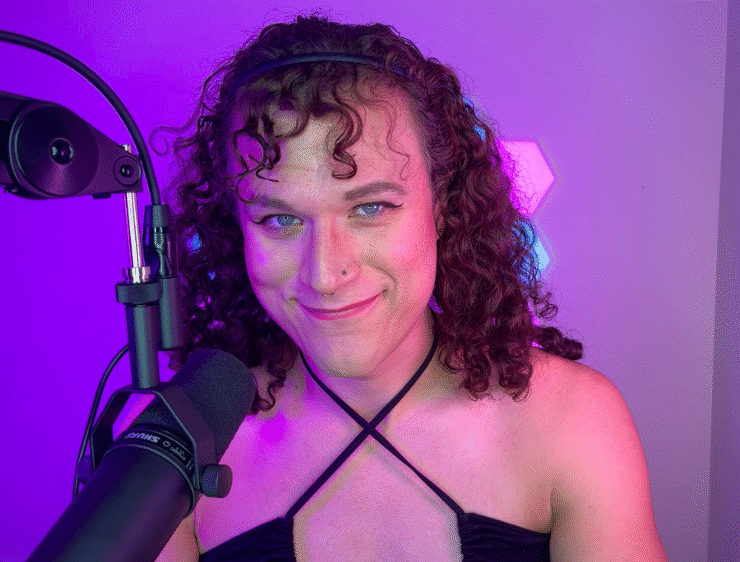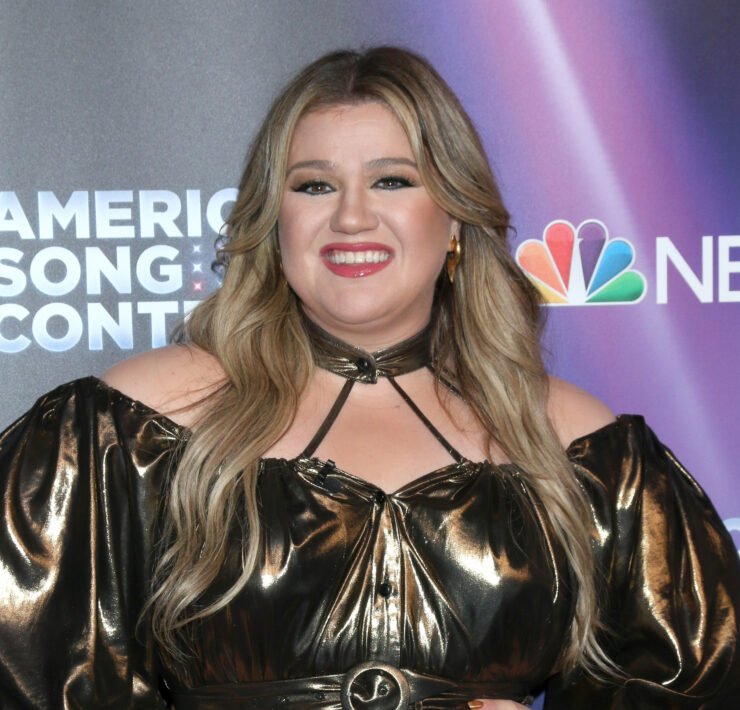Trans 101: the low-down on trans* basics

Queer transman Mac Simon, Northern Colorado Organizer for One Colorado, gives us basics and the meanings of terms used to refer to trans people.

Definition: Sex vs. Gender
Sex refers to biology, while gender refers to an identity within a culture.
“Sex is what you are assigned at birth based on your genitals; gender is up to the person based on that person’s internal sense,” said Simon.
Definition: Gender binary
The gender binary is the idea that there are only two genders: male and female.
“Lots of people don’t fit in the gender binary. A gender expression that falls outside the ‘normal’ definition is outside the gender binary,” Simon said.
To Posit a Pronoun
Rather than assume what gender pronouns (he/him or she/her) a person goes by, it’s better to ask.
“The rule I go by is to ask everybody what pronoun they go by” even if that person isn’t transgender, Simon said. “Just say ‘what pronouns do you prefer?” Whether somebody is transgender or not is a personal question, so asking all people what pronouns they use avoids singling anyone out.
Some use gender-neutral pronouns such as they/them or ze/hir.
Gender Identity vs. Gender Expression
Gender identity is how a person identifies, while expression might be a more complicated mix of masculine or feminine traits. Everybody – transgender or not – has both a gender identity and a gender expression.
Definition: Transition
Moving from one public gender identity to another.
“For some it can mean surgery or hormones, but for others it can be just changing a name or clothing,” Simon said.
Trans, Transgender or Transgendered?
Trans* is an abbreviation for a range of people outside gender binary. Transgender refers to people who identify as other than the sex they were assigned at birth, while transgendered is considered outdated.
“’Transgendered’ is kind of a sore subject; a lot of people use it incorrectly. You can’t ‘transgender’ somebody so they can’t be ‘transgender[ed].’ Go with ‘transgender’ to be safe.”
Transition Time Machine
What gender pronoun do you use to refer a trans person’s life before transitioning? It depends on the person.
“That’s pretty personal; it depends on the context and how well you know the person. Referring to someone as using a different pronoun in the past can potentially out them, so it’s safer to use the person’s current pronoun” if you don’t know, Simon said.
Definition: Cisgender
Cisgender refers to a person who agrees with the sex and gender they were assigned at birth. Those who aren’t trans are cisgender, often appreviated “cis.”
Is transgender “being a man stuck in a woman’s body” or vice versa?
Many see this way of explaining what it means to be transgender as outdated.
“That’s not the terminology I hope to see in five years,” Simon said. “It gives the impression that whatever body you have is not good enough. You have to be very connected to your body if you transition and most trans people I know are very aware of their bodies.”
It’s better to think of a transgender person as someone who identifies differently from the gender assigned by others at birth.
What could a trans person’s sexual orientation be?
Gender identity and sexual orientation often have little or no relation to each other. Some transgender people identified as gay, lesbian or bisexual before transitioning; some are gay, lesbian or bisexual after they transition.
“Trans people can have any sexual orientation cisgender people can have; queer, pansexual, gay, bi or lesbian,” Simon said.
Is it OK to ask a trans person questions?
“It’s important to be sensitive to everyone’s needs,” Simon said – if you don’t know how to talk to a trans person about gender or identity, it’s better to own up to that from the start.
“If it’s framed in a respectful way, most trans people I know would be more than willing to answer questions,” Simon said – “but asking a person what their genitals look like is probably a no-no unless you’re also talking about your own genitals.”
Victoria Mykels-Sexton, Dylan Scholinski and Kelly Shortandqueer were all quick to point out that while society may not always tolerate their shifting and challenging views toward gender, they will always be patient and receptive to those with questions.
“I try and be an advocate for education, and that’s why I’m an open book,” Sexton said. “I have no problem answering questions, no matter how blunt or personal they may be.”
PLUS:
OFC’s March 15 Cover Story, A fluid expression: building a better trans* narrative
What's Your Reaction?
Founded in 1976, Out Front is the largest LGBTQ news organization in the Rocky Mountains. "Like" Out Front on Facebook: facebook.com/outfrontcolorado, and follow us on Twitter: @outfrontco.











